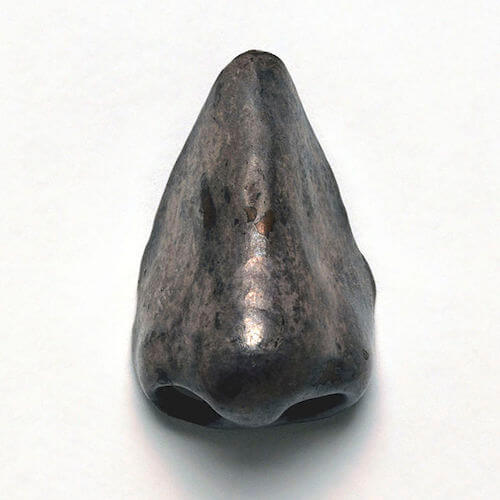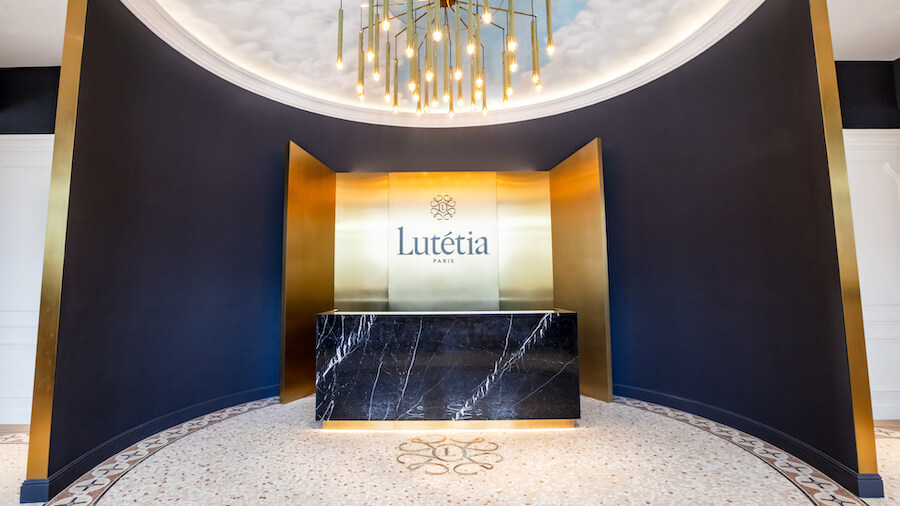Am I a Good Candidate for Rhinoplasty?
Nose Surgery
Rhinoplasty procedures can enhance the aesthetic look of the face by reshaping the proportions of the nose, there are a lot of reasons why our patients elect to have this procedure that range from correcting deviated septums to individual aesthetic preference.
Who is a Good Candidate for Rhinoplasty?
The proper name for a nose job is a Rhinoplasty procedure. An extremely popular procedure, a Rhinoplasty seeks to reshape and refine the shape and size of the patient's nose. An even proportion of patients come to us for this procedure seeking cosmetic improvement to the facial appearance, the other proportion are seeking improved nasal function such as improving breathing difficulties that can be suffered after facial injuries, trauma or illness which can cause breathing issues that impair the ability to sleep as well as other quality of life considerations such as health and exercise.
For the cosmetic surgeon, the procedure is defined by the need to balance appearance with functionality, with many other factors requiring consideration that include the skin type and wider facial architecture. The very best Rhinoplasty surgeons seek to deliver a combination of art and science, designing an aesthetically pleasing look that improves the quality of life and functionlaity of the patient.
The most important consideration for any prospective candidate for a Rhinoplasty procedure is facial growth. Facial growth refers to growth in the facial structure, which is particularly relevant for young adults and teenagers, as continued growth can affect the aesthetics and nasal functionality. Younger candidates with conditions such as a cleft palate or other birth defect that has affected the face can be considered as a candidate for a Rhinoplasty, and it is strongly advised that patients undergoing this procedure should not be smokers. Smoking significantly impairs blood flow which is viral for the recovery of the patient after the procedure. As with all plastic surgery, it is crucial that the candidate for surgery is in good overall health, whilst this is a cosmetic procedure, at the initial consultation, all queries and questions should be addressed to the consulting surgeon.
Background and History of Rhinoplasty
The word Rhinoplasty comes from the ancient Greek for 'nose' and 'to shape'. The first known record of a Rhinoplasty dates back to 2500BCE in the Old Kingdom of Ancient Egypt. Nose surgeries continued throughout the ages in the Roman Empire all through the Middle Ages to more recent Victorian techniques. Techniques used included the use of various tissue ranging from the cheek to the bicep muscle pedicle flap to graft and reshape the nose.
When considering a surgical correction to the nose, surgeons will consider the nasal soft tissues, blood supply arteries and veins, the nasal lymphatic system, aesthetic subunits and segments, the facial and nasal nerves and the nasal bone and cartilages.

An Artificial Nose dating back to the 17th Century.
The word Rhinoplasty comes from the ancient Greek for 'nose' and 'to shape'. The first known record of a Rhinoplasty dates back to 2500BCE in the Old Kingdom of Ancient Egypt. Nose surgeries continued throughout the ages in the Roman Empire all through the Middle Ages to more recent Victorian techniques. Techniques used included the use of various tissue ranging from the cheek to the bicep muscle pedicle flap to graft and reshape the nose.
When considering a surgical correction to the nose, surgeons will consider the nasal soft tissues, blood supply arteries and veins, the nasal lymphatic system, aesthetic subunits and segments, the facial and nasal nerves and the nasal bone and cartilages.
Rhinoplasty at Maison Lutétia
Rhinoplasty at Maison Lutetia can help rebalance the size of the nose in relation to the balance and symmetry of the patient's face. Many potential candidates for Rhinoplasty seek the procedure for functional purposes, however cosmetic Rhinoplasty is equally popular as it can help the ideal candidate to achieve the perfect nose. With realistic expectations, the procedure can also alter the width of the nose at the bridge, and the size and position of the nostrils. This surgical procedure can also help reshape the nose profile with visible humps or depressions on the bridge, the nasal tip can also be addressed if it is enlarged, inflated, drooping, upturned or hooked, nostrils that are too wide or large or upturned can be corrected and asymmetry in general can be addressed.
Many of our patients seek Rhinoplasty to address a Nasal Septum Deviation. This condition afflicts around 80% of people mostly without their knowledge and can causes varying degrees of breathing difficulties and other conditions such as excessive snoring, sleep apnea and repetitive sneezing. The nose surgery conducted can improve the obstruction of the airway by carefully elevating the structure of the nose in relation to airflow and breathing. This can help to improve breathing impairment, leaving the nasal structure with an alignment more conducive to the free flow of air.
Consultation Process
The consultation process at Maison Lutétia is a fully immersive experience that is designed to answer all of the questions and shape our patients' expectations. The topics for discussion in the consultation process include the patient's surgical goals, both aesthetic and functional, medical conditions, allergies, drug allergies and previous medical history. In addition to history of previous surgeries, patients' should also share details of al current medications/vitamins/supplements being consumed as well as the history of alcohol/tobacco consumption.

At the consultation stage, our plastic surgeons will evaluate the candidate for Rhinoplasty's general health, with detailed analysis and review of pre-existing health conditions and risk factors that could cause potential complications. With the vast majority of patients, complicating factors are minimal, the surgeon will review with the candidate the options available for reshaping the nose, as well as the surgical options for the procedure itself. The likely outcomes and any risks or potential complications are always defined and a recommendation for the course of treatment is produced in collaboration with the patient's desires and goals.


